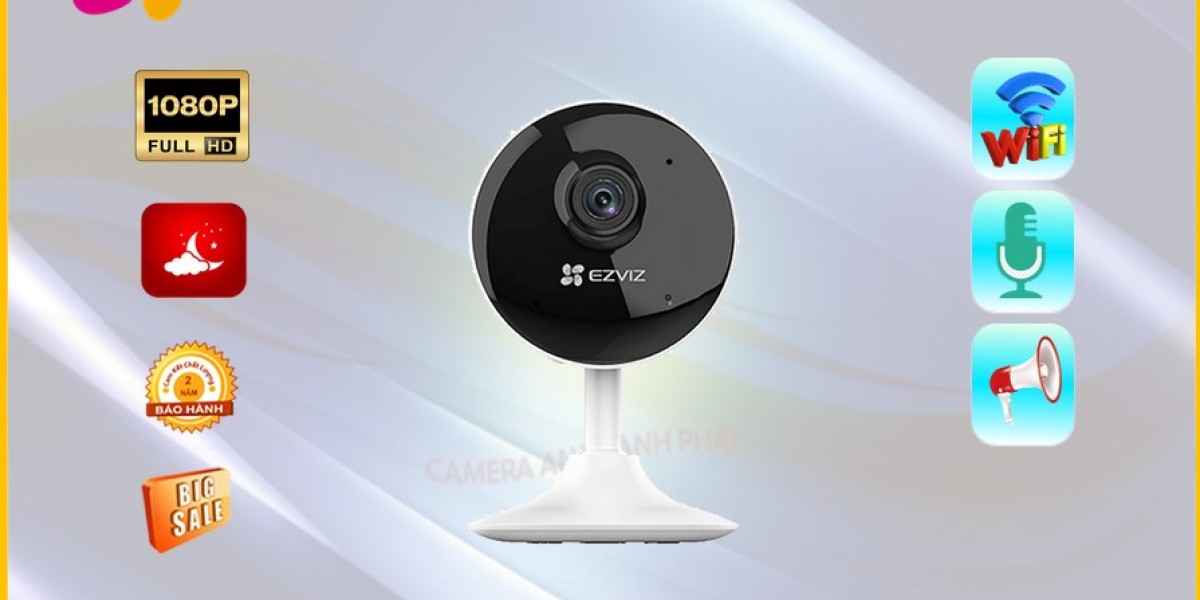In the world of commerce, transactions and interactions occur in various forms. Among these, business-to-business (B2B) stands out as a crucial aspect of the economic landscape. Understanding B2B, how it differs from business-to-consumer (B2C), and consumer-to-consumer (C2C) transactions can help businesses like GrowbusinessforSURE, especially those in home supplies and household goods wholesalers, navigate their markets more effectively. This article delves into the definition of B2B, its distinctions from B2C and C2C, and its unique characteristics and benefits.
Understanding B2B (Business-to-Business)
Definition of B2B
B2B, or business-to-business, refers to transactions and interactions that occur between two businesses. These transactions often involve the exchange of goods, services, or information. B2B transactions are typically characterized by larger volumes, longer sales cycles, and more complex negotiations compared to B2C and C2C transactions.
For GrowbusinessforSURE, a company operating in the home supplies and household goods wholesalers sector, B2B transactions might include selling bulk quantities of cleaning products, kitchenware, or furniture to retail stores, which then sell these items to end consumers.
Key Characteristics of B2B Transactions
- Large Order Volumes: B2B transactions often involve bulk purchases, as businesses buy large quantities of products to meet their operational needs or stock their retail shelves.
- Longer Sales Cycles: The sales process in B2B transactions can be lengthy, involving multiple decision-makers and stages of approval.
- Complex Negotiations: B2B transactions often require detailed negotiations regarding pricing, delivery schedules, and terms of service.
- Focus on Relationships: Building and maintaining strong relationships with clients is crucial in B2B, as these relationships often lead to repeat business and long-term partnerships.
How B2B Differs from B2C (Business-to-Consumer)
Definition of B2C
B2C, or business-to-consumer, refers to transactions where businesses sell products or services directly to individual consumers. These transactions are generally characterized by smaller order volumes, shorter sales cycles, and simpler purchasing processes compared to B2B transactions.
Key Differences Between B2B and B2C
Target Audience:
- B2B: The target audience consists of other businesses. For example, GrowbusinessforSURE targets retail stores and other wholesalers.
- B2C: The target audience is individual consumers who purchase products for personal use.
Sales Volume:
- B2B: Sales typically involve large quantities of products. A household goods wholesaler like GrowbusinessforSURE might sell pallets of cleaning supplies to a retailer.
- B2C: Sales involve smaller quantities, often one product at a time. An individual consumer might buy a single cleaning product for home use.
Sales Cycle:
- B2B: The sales cycle is longer, involving detailed discussions, multiple stakeholders, and approval processes.
- B2C: The sales cycle is shorter, with consumers making quick purchasing decisions, often driven by emotion or immediate need.
Marketing Strategies:
- B2B: Marketing is focused on building relationships, demonstrating value, and addressing the specific needs of business clients. This often involves detailed product information and case studies.
- B2C: Marketing is aimed at attracting and converting individual consumers through advertising, promotions, and creating a strong brand image.
Customer Relationships:
- B2B: Relationships are more personalized and long-term. Businesses invest in understanding their clients' needs and providing tailored solutions.
- B2C: Relationships are generally shorter-term, with a focus on customer satisfaction and repeat purchases.
How B2B Differs from C2C (Consumer-to-Consumer)
Definition of C2C
C2C, or consumer-to-consumer, refers to transactions where individuals sell products or services to other individuals, often facilitated by online platforms like eBay, Craigslist, or social media marketplaces.
Key Differences Between B2B and C2C
Transaction Participants:
- B2B: Transactions occur between businesses. For GrowbusinessforSURE, this means selling to other companies.
- C2C: Transactions occur between individual consumers. An example would be a person selling used furniture to another person on a platform like Craigslist.
Scale of Transactions:
- B2B: Involves large-scale transactions. GrowbusinessforSURE might deal in bulk orders worth thousands of dollars.
- C2C: Involves small-scale transactions, often for single items or small batches, with significantly lower monetary value.
Sales Process:
- B2B: The sales process is formal, involving contracts, negotiations, and often long-term agreements.
- C2C: The sales process is informal, with quick, one-time transactions often based on immediate need or desire.
Trust and Reliability:
- B2B: Trust and reliability are built over time through consistent service and product quality. Businesses often rely on reputation and past performance.
- C2C: Trust is often facilitated by the platform used for the transaction, with user reviews and ratings playing a crucial role.
Payment and Delivery:
- B2B: Payments are typically made through invoicing, and delivery is scheduled and tracked formally.
- C2C: Payments are usually immediate, often using digital payment platforms, and delivery is arranged personally by the buyers and sellers.
Benefits of B2B Transactions
Long-Term Relationships
In B2B transactions, long-term relationships are crucial. Businesses like GrowbusinessforSURE benefit from repeat business and ongoing partnerships with their clients. These relationships are built on trust, reliability, and mutual understanding.
Larger Order Values
B2B transactions typically involve larger order values, leading to higher revenue per transaction. For household goods wholesalers, this means significant sales with each order, enhancing overall business profitability.
Customization and Flexibility
B2B clients often require customized solutions to meet their specific needs. This could include tailored product offerings, flexible delivery schedules, or specialized packaging. GrowbusinessforSURE can differentiate itself by offering such personalized services to its clients.
Enhanced Market Insights
Working closely with other businesses provides valuable market insights. By understanding their clients' needs and preferences, GrowbusinessforSURE can adjust its offerings and strategies to better meet market demands.
Streamlined Supply Chain
B2B relationships often involve streamlined supply chain processes. Regular, large orders allow for better inventory management and more efficient production planning. This is particularly beneficial for home supplies wholesalers who need to manage a vast range of products.
Challenges in B2B Transactions
Complex Sales Processes
The complexity of B2B sales processes can be challenging. Long sales cycles, multiple decision-makers, and detailed negotiations require significant time and effort to manage effectively.
Dependence on Relationships
B2B businesses heavily rely on strong relationships with their clients. Any disruption or dissatisfaction can impact long-term contracts and repeat business.
High Customer Expectations
B2B clients often have high expectations regarding product quality, delivery times, and service reliability. Meeting these expectations consistently requires robust processes and effective communication.
Market Competition
The B2B market is highly competitive, with numerous businesses vying for the same clients. Companies must continuously innovate and offer superior products and services to stand out.
Understanding the nuances of B2B transactions and how they differ from B2C and C2C transactions is essential for businesses like GrowbusinessforSURE in the home supplies and household goods wholesalers sector. B2B transactions involve larger order volumes, longer sales cycles, and complex negotiations, but they also offer benefits such as long-term relationships, higher order values, and enhanced market insights. By navigating the challenges and leveraging the benefits, B2B businesses can achieve significant growth and success in their markets.







